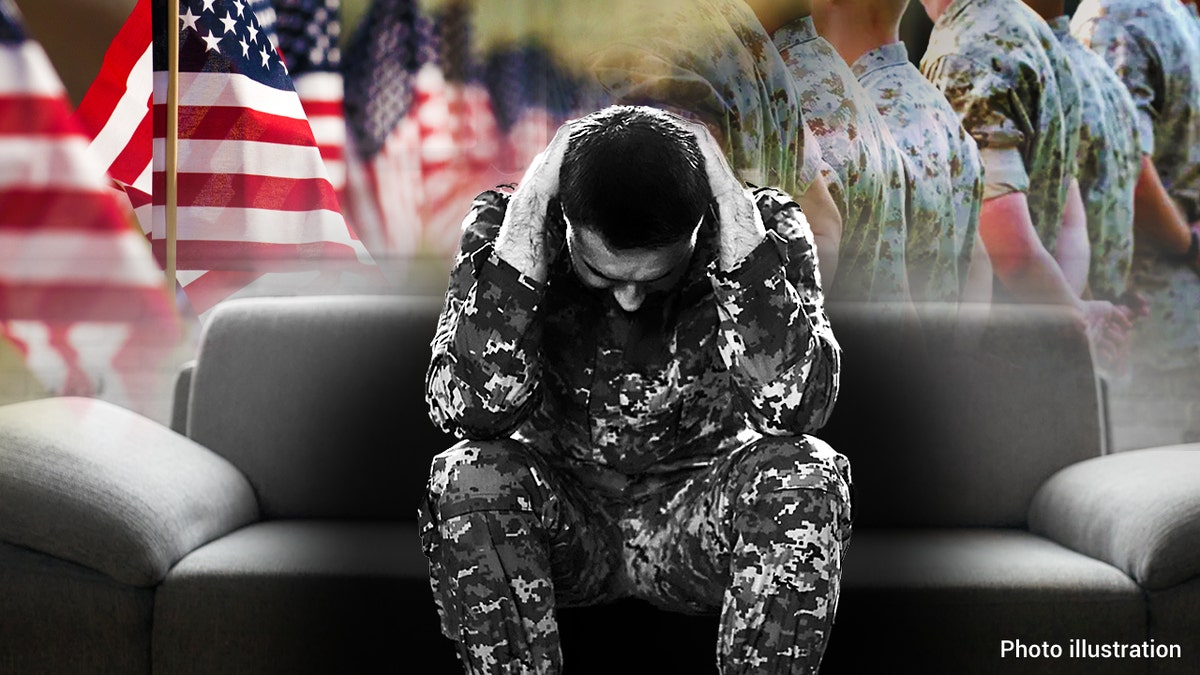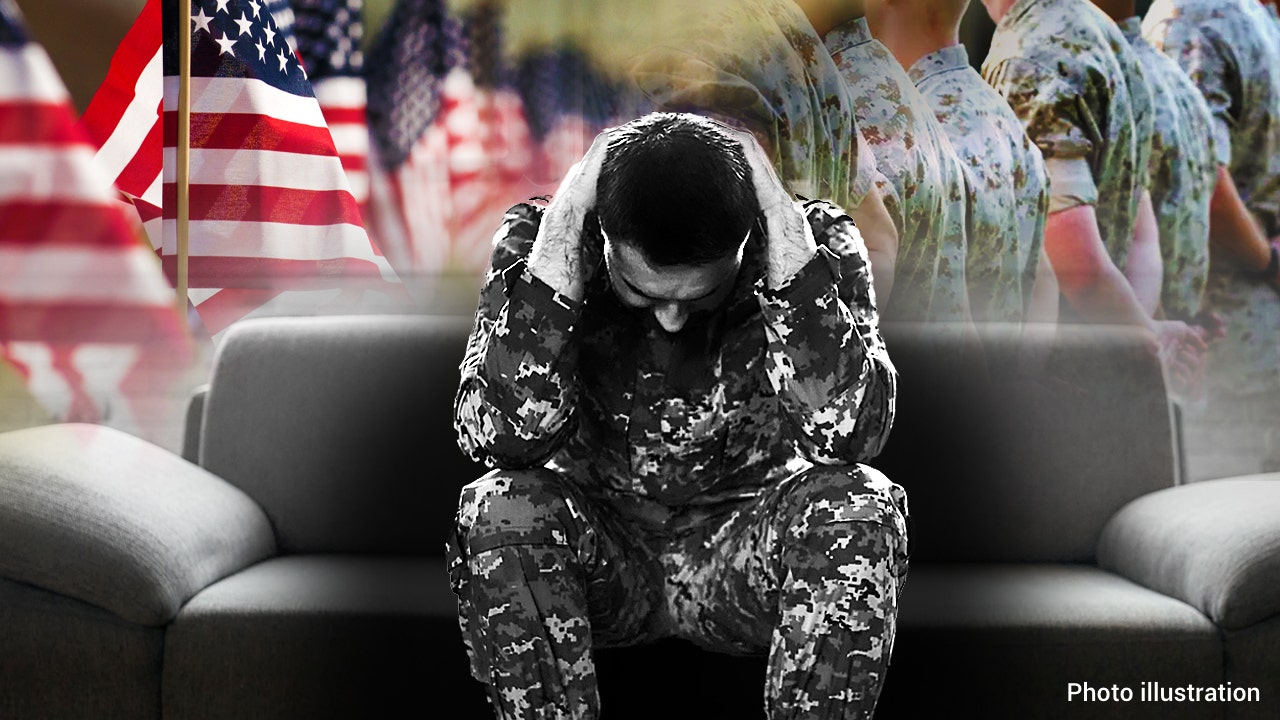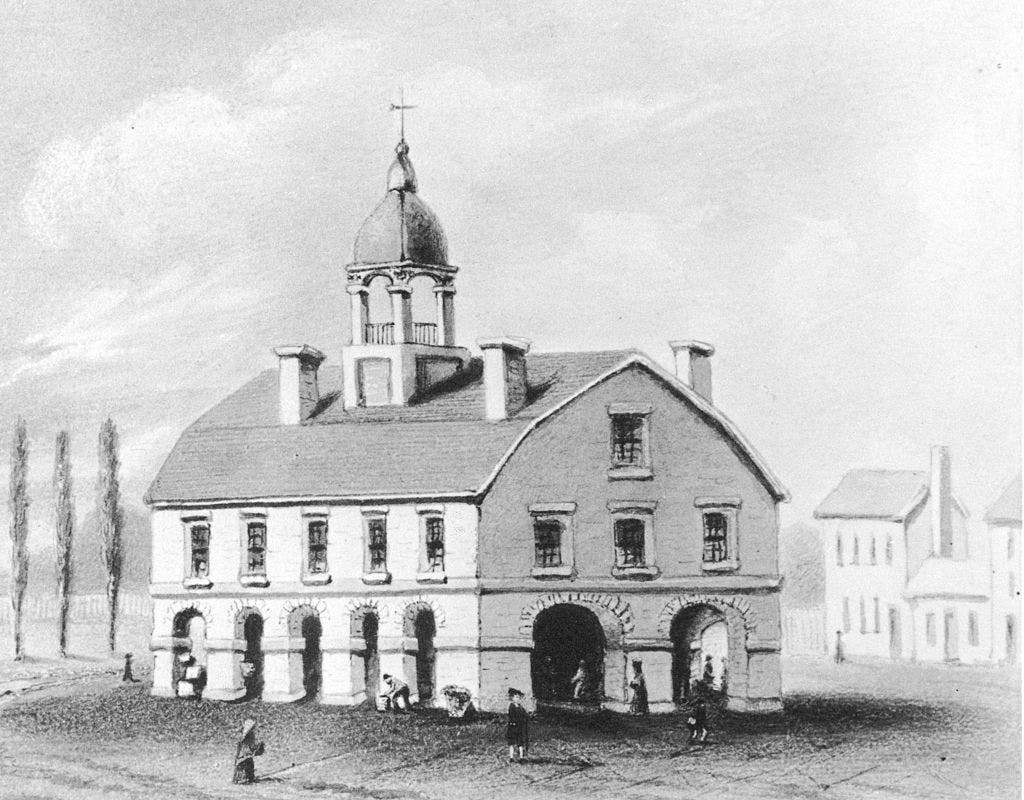Ours is a land of the free because of our brave military men and women who sacrifice much of themselves to defend our nation and the American way of life.
Sometimes, the sacrifice means physical wounds that are easily seen and meaningfully treated to heal the body. But often, the sacrifice is an invisible wound that festers in hearts, minds and souls of our selfless veterans – PTSD, anxiety and depression.
For years, I served as a Force Recon Marine and watched my friends fight and die in defense of freedom. When I returned home from deployments, I was devastated to watch my friends continue to fight and die as they languished under the weight of such unseen wounds. I even battled them myself.

True healing for veterans comes through faith-based programs that help service members restore a sense of identity, purpose and focus on a new mission. (istock)
Unfortunately, these wounds are harder to treat, especially when the treatment protocols being encouraged are nothing more than misguided Band-Aids.
In the quest for effective PTSD treatment, it is crucial to look beyond “quick fixes” and embrace comprehensive, faith-based programs that inspire lasting transformation.
As we honor the sacrifices of our veterans, we must prioritize approaches that not only heal wounds but also reignite the flame of worth, purpose and resilience within their hearts and souls. Faith, after all, has the power to forge a resilience that withstands the tests of time and give veterans the life they deserve.
CLICK HERE TO READ MORE FROM CHAD ROBICHAUX
Chad Robichaux is a former Force Recon Marine and an Afghanistan veteran. Founder of the Mighty Oaks Foundation, he is the bestselling author of “Saving Aziz“ and hosts the “Stay Dangerous” podcast.


